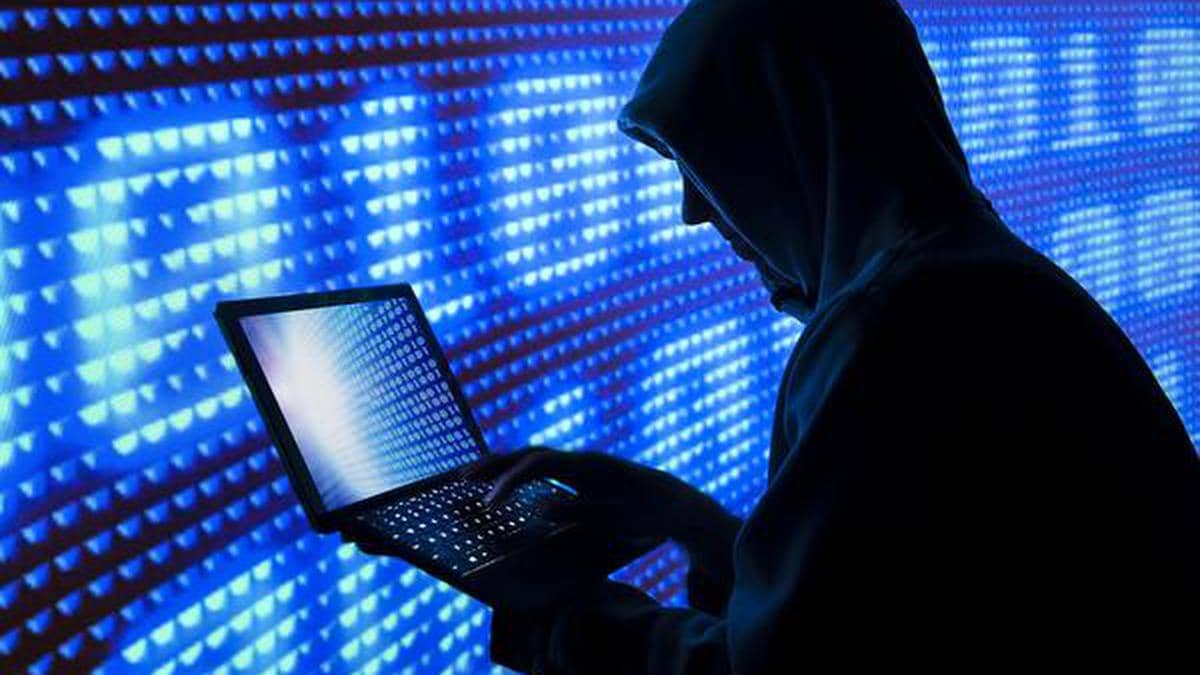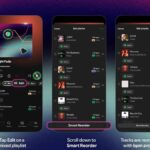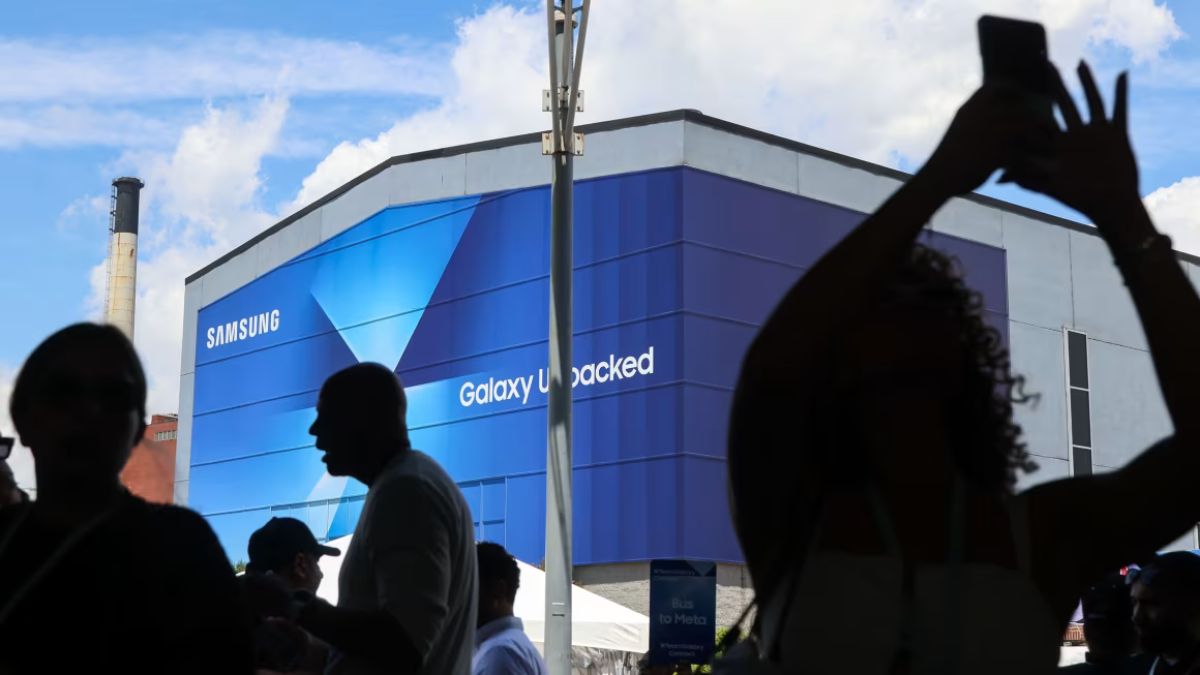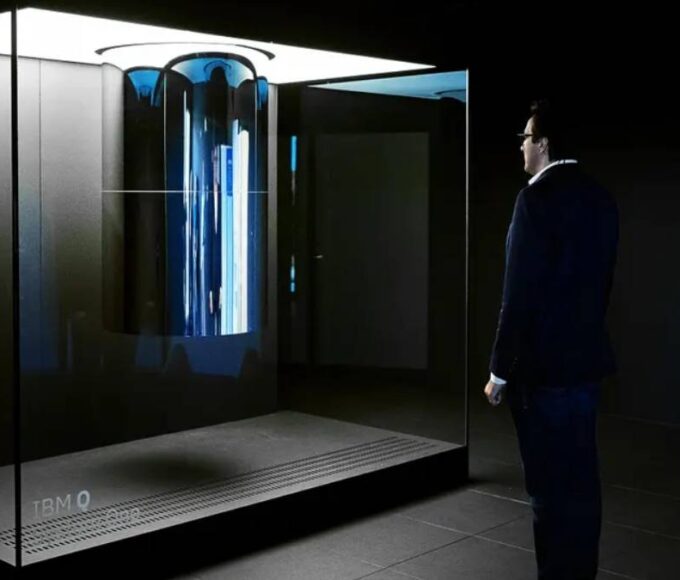The Transportation Security Administration (TSA) has issued a warning for smartphone users at airports. Travelers should avoid plugging their phones into public USB ports and instead use their own power bricks or battery packs to charge devices safely.
This caution comes because of a cybersecurity threat called juice jacking. This happens when hackers install malware at public USB ports, turning them into tools that steal data from phones connected to them.
The TSA also advises against using free public WiFi at airports for sensitive activities like online shopping or logging into accounts. Although encrypted data is generally safe, fake WiFi hotspots can trick users into giving away personal information.
Recent research has uncovered a new attack called ChoiceJacking, which can bypass some current protections and target both Android and iOS devices. This attack tricks phones into allowing data connections without the user’s consent.
Experts say that Apple and Google have released updates to protect users, but Android users should be especially cautious. Android 15 requires users to confirm connections with a password or biometrics. If this prompt does not appear, it’s safer to avoid public charging stations.
To stay safe, travelers should always carry their own chargers, avoid unlocking phones while charging in public, and be careful about which WiFi networks they connect to. Using a VPN can also add extra protection on public WiFi.
Following these simple steps can help protect your data from theft while traveling.











Leave a comment